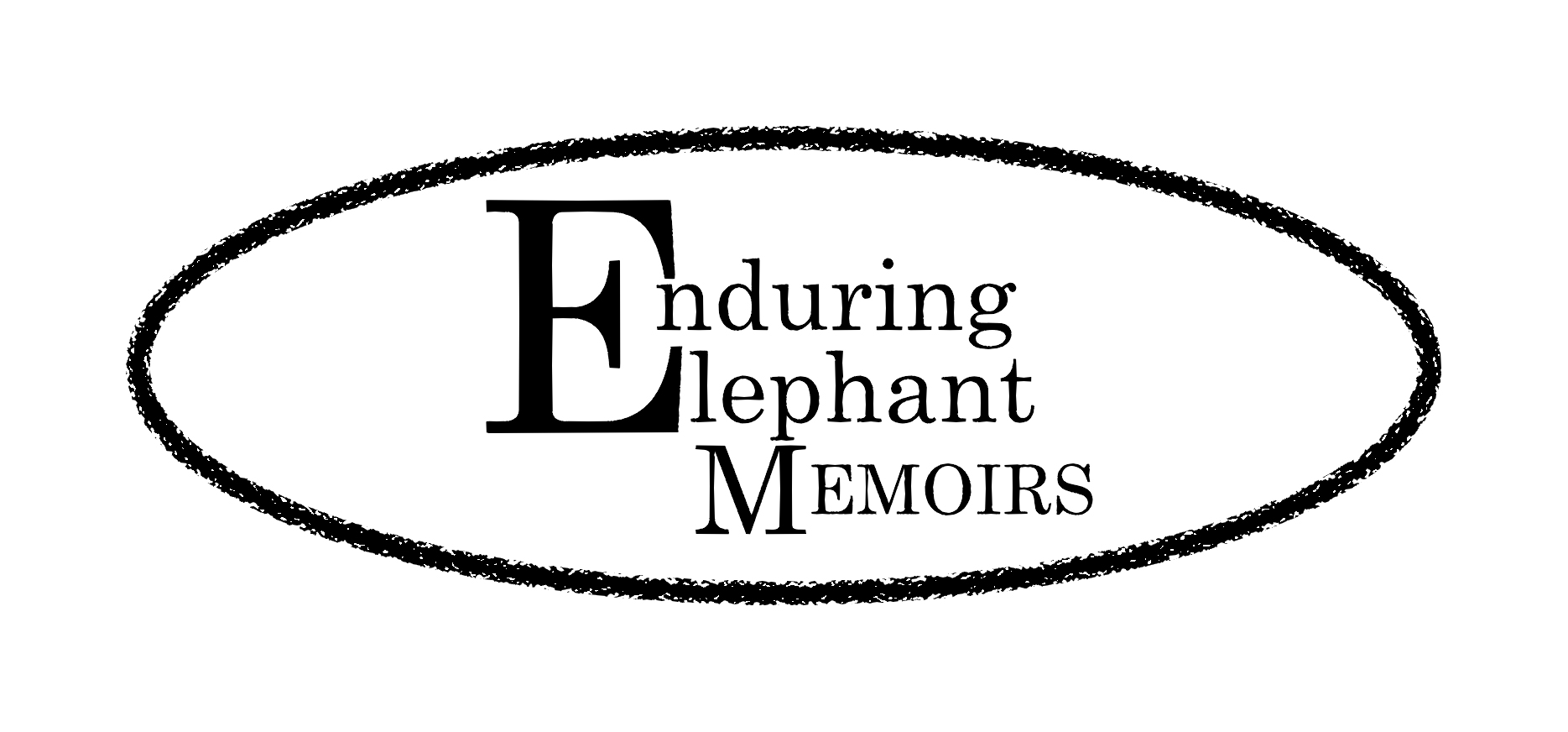How My Writing Friend and I Unstuck Ourselves from the Memoir Swamp
I have a dear memoir-writing friend, and while we live on opposite coasts, we frequently find our writing journeys intersect.
Yesterday we were both enmired in the same murky, mud-ridden memoir swamp, and we were both stuck there. You know, the kind of swamp that makes you question everything you’ve written; or ask ‘Where am I going with this? What am I trying to say?’ The kind that promotes clumsy self-exploration which draws attention to how you suck at what you’re doing, and then you lose a shoe or a boot in the memoir swamp, making a sucking sound in the muddy bottom as you sink deeper while trying to move forward with your story, wondering, ‘Is this where my story actually begins?’ and ‘What’s my narrator’s point of view?’
As I clicked into our Zoom meeting, I greeted my friend with my sudden realization, an epiphany I shared about my ideal reader that immediately shifted my entire perspective on ‘why write?’
“I’ve realized that I’m probably writing my life story primarily for my daughter,” I confessed. “And if anyone else wants to read it; that’s great, but that’s not really why I’m writing my story.
“I know sometimes my tongue trips over unnecessary details when I’m reading my shared pages aloud in our workshops, but I want my daughter to know she was born in Boston’s Beth Israel Deaconess Hospital, for example, so I’m choosing to leave those details in there. This messy draft is meant to be as much her origin story as it is my life story. So what if it’s more autobiographical than universal?
“There are things I really want my daughter to know. Like how my pregnancy was the happiest time of my life, how I took exceptional care of her in utero, how I’ve always loved her and wanted her, how nothing about her was accidental, and how I planned for her as best as any mother could. How nothing that happened was her fault.
“... And I want my daughter to understand how I lost custody of her to her father. How I struggled to win her back before I arrived at a clearer understanding that the path to better parenting with mental illness was through self-acceptance. Without spousal support, I was forced to admit that the best way to handle my mental illness as a new parent, was to recognize that I might never be the kind of mother I wished to be because of my limitations, but that I could try to be strong, constant, and reliable, like my dad.
“... And how I had to reconcile my understanding of parental love, both biological and adoptive, with my upbringing before I learned to be the kind of mother my daughter needed me to be: loving and steadfast, filled with good intentions, however flawed.”
###
In the moment my new perspective felt like receiving a life preserver or experiencing a glimmering breakthrough; and my writing friend, who is invested in writing to land a traditional publisher, helped me fully flesh out my ideas, extending a helping hand from the safe outer banks surrounding the edge of that murky swamp I’d been sinking in.
Meanwhile, she too experienced a realization that further refined her memoir’s astounding argument (which I won’t reveal here because you’ll have to read her book to discover it for yourself):
“Thank you. I think I know where I need to start my memoir now,” she said, “and from what point of view I will be writing.”
Now, in the interest of full disclosure, I have absolutely no idea how I managed to help her, except that maybe there’s magic in the synergy of working together long-term with a writing friend on our individual projects. Regardless, we both experienced a shift in perspective that reconnected us with our memoirs and rekindled our interest in our own work and each other’s. And now we are both more-or-less unstuck.
